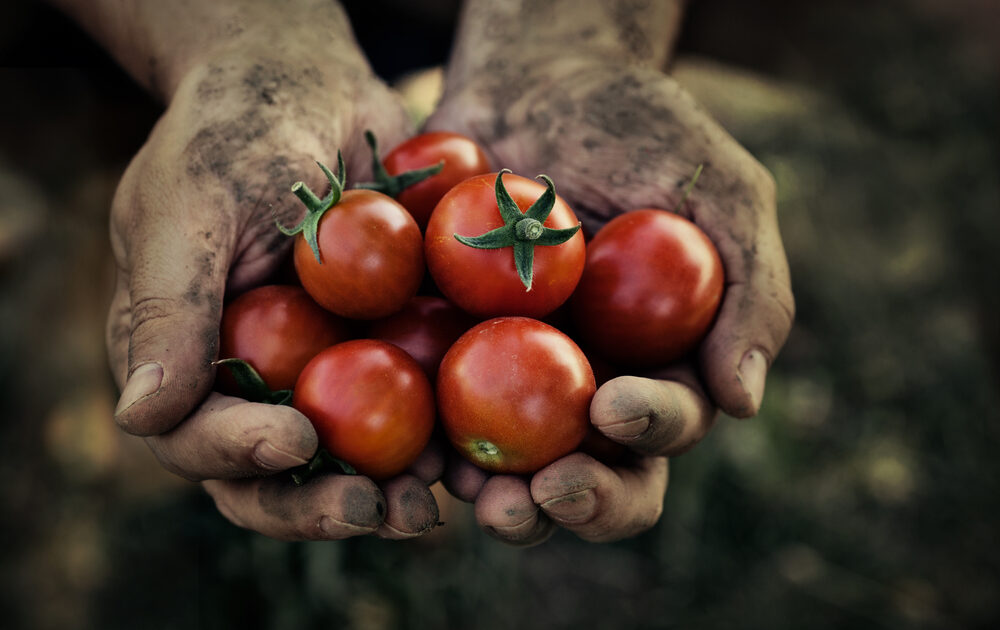40 Years of Data Says Organic Farming Can Feed the World

Solving the problem of world hunger sustainably is possible, according to a new study released by Washington State University. The study surveyed 40 years of science and hundreds of published studies in order to reach the conclusion that organic farming can, in fact, produce enough food to feed the world.
The study, entitled “Organic Agriculture in the 21st Century,” and authored by John Reganold, WSU professor of soil science and agroecology, and doctoral candidate Jonathan Wachter, looked into whether organic farming could respond adequately to the needs of farmers, farm workers, and the environment, all of which were deemed possible by the study.
In order to come to this conclusion, researchers compared organic and conventional farming according to the four goals of sustainability identified by the National Academy of Sciences: productivity, economics, environment, and community well-being. Results showed that in certain cases, organic farming is far more productive than conventional farming, particularly in cases that are growing more and more common, for instance severe drought conditions.
“In severe drought conditions, which are expected to increase with climate change, organic farms have the potential to produce high yields because of the higher water-holding capacity of organically farmed soils,” Reganold said. As these conditions become more common, organic agriculture will become more of a necessity when it comes to feeding the world’s population.
Economically speaking, even when yields are lower, organic agriculture is more profitable for farmers, as consumers are willing to pay more for organic produce. The environmental benefits of organic farming were also outlined and included larger carbon storage in organic soil, reduction of soil erosion, lower pollution, and higher energy efficiency.
This study has been published in the midst of many allegations that only GMO crops can feed the world. This widely shared opinion argues that organic agriculture is inefficient, something that the study shows is not neccessarily the case.
According to the study, the key to feeding the world would be in finding a balance between organic and other “innovative farming systems, including agroforestry, integrated farming, conservation agriculture, mixed crop/livestock and still undiscovered systems.”
Organic production currently accounts for less than one percent of global agricultural land, with 41.3 million hectares of organic farming land worldwide in 2013, according to Organic Monitor.
Related on Organic Authority
Big Organic Farming Operations Not So Green, Study Warns
Organic Farming 2.0: How No-Till Farming Might Save Modern Agriculture
The Soil Story: Is It Possible to Erase Our Carbon Footprint Entirely?
Tomato harvest image via Shutterstock

